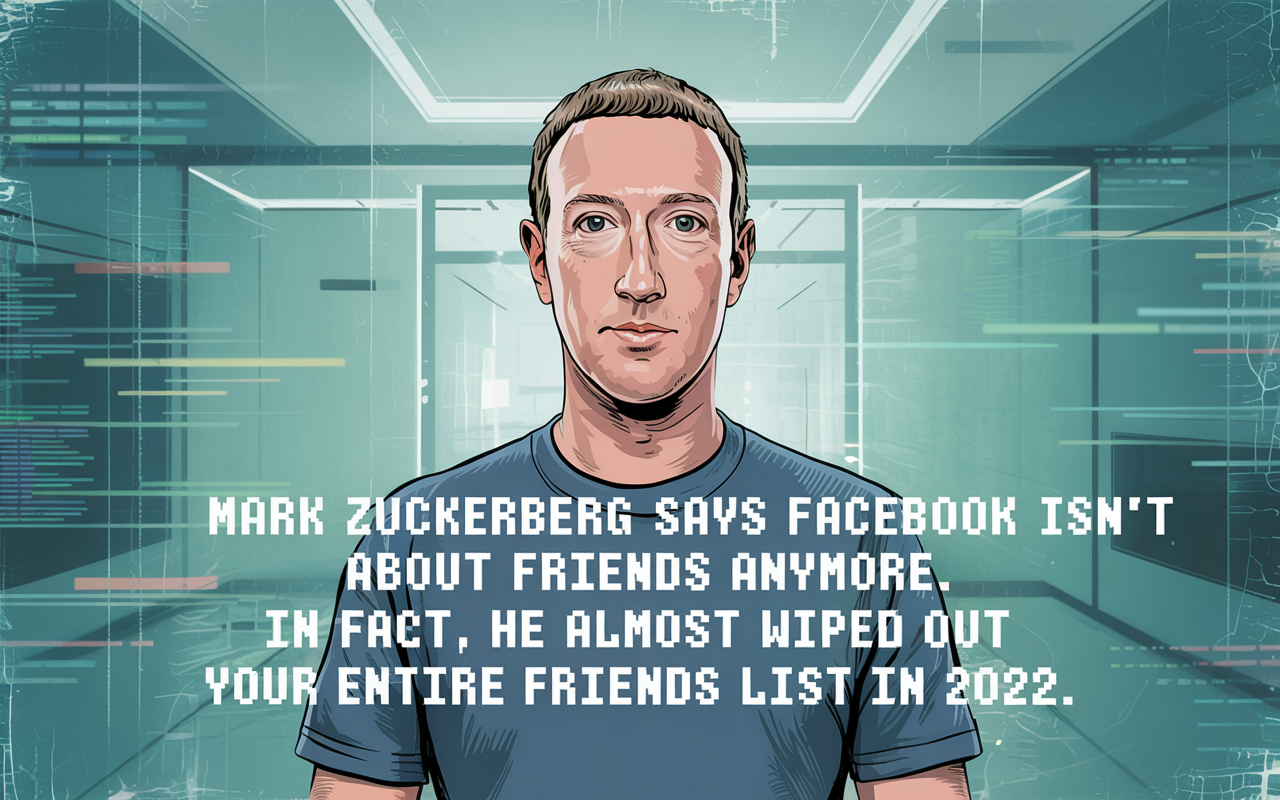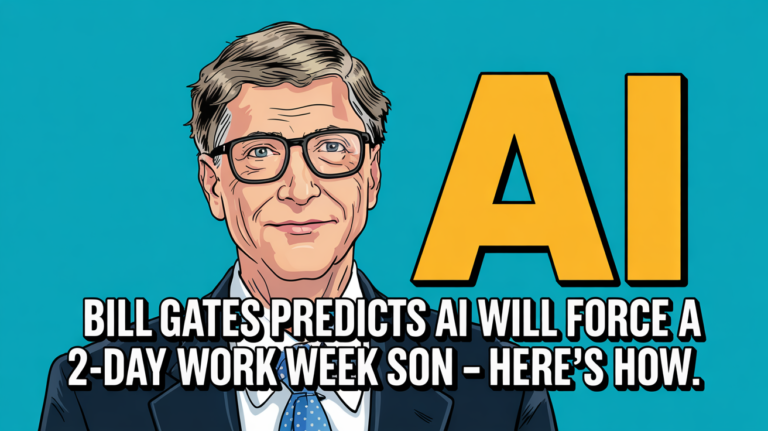In a surprising admission, Meta CEO Mark Zuckerberg revealed he once considered erasing all Facebook friend connections back in 2022, essentially forcing users to start over.
The idea, while never implemented, reflects how far Facebook has shifted from its original purpose of connecting friends and family.
Zuckerberg made the statement while testifying in court on Monday, defending Meta in an antitrust case brought by the U.S. Federal Trade Commission.
The FTC alleges that Meta’s acquisitions of Instagram (2012) and WhatsApp (2014) created an unfair monopoly, and is seeking to break up the company.
During the hearing, Zuckerberg acknowledged that Facebook’s focus has evolved away from personal connections.
“Over time, the ‘interest’ part of the platform has expanded more than the ‘friend’ part,” he said. “People are now more engaged with groups and other types of content. The ‘friend’ part has gone down quite a bit, but it’s still something we care about.”
Once a hub for sharing personal updates with close connections, Facebook’s feed has become dominated by algorithm-driven content — from ads to group posts and suggested content from pages users don’t follow.
Zuckerberg described the modern feed as “a broad discovery and entertainment space.”
One particularly startling moment from the hearing came when government lawyers shared an internal email from Zuckerberg in 2022.
Concerned about Facebook’s declining relevance — especially among younger users gravitating to platforms like TikTok — he floated what he called a “crazy idea”: deleting everyone’s existing friend connections, or “graphs,” and having users rebuild their networks from scratch.
“Option 1: Double down on Friending,” Zuckerberg wrote. “One potentially crazy idea is to consider wiping everyone’s graphs and having them start again.”
Facebook head Tom Alison expressed doubts, noting how vital friend connections are to user engagement, particularly on Instagram.
In response, Zuckerberg asked, “Do you have a sense of how much work it would be to convert profiles to a follow model?”
Ultimately, the idea was never acted upon — likely to the relief of Facebook’s user base.
Zuckerberg also acknowledged that Facebook’s reputation had taken a hit, especially among younger audiences who increasingly see it as a platform for “old people.”
That perception, coupled with declining personal engagement, has prompted Meta to try reviving the social core of the platform.
Last month, the company announced plans to reintroduce some classic Facebook features, saying “the magic of friends has fallen away.” Among the changes is a new “Friends” tab that will prominently display posts, stories, reels, and birthdays from friends, along with a centralized place for friend requests.
Whether this return to Facebook’s roots will win back users remains to be seen — but it’s clear even Zuckerberg sees the need to reconnect with what once made the platform unique.


